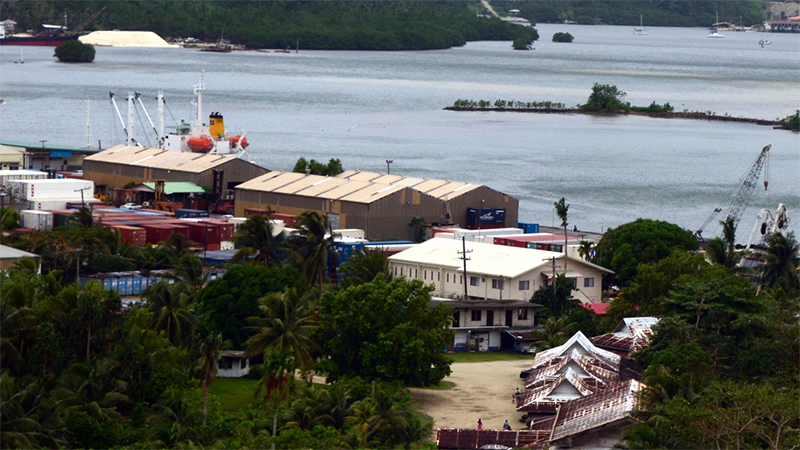As more than 80 percent of global trade volume is shipped by sea, countries’ participation in the international supply chains depends on their maritime connectivity, i.e. availability of reliable and efficient shipping services. Countries with low connectivity remain on the margins of the major trading routes, unable to fully participate in the global economy.
The COVID-19 pandemic underscored this link between maritime and port connectivity and sustainable growth. It fast-tracked the policy case for higher resilience in global supply chains through improved shipping services, revealing the connectivity challenges but also the potential for further improvement. For example, in many coastal states, the pandemic response exposed major limitations due to the weak and road-centric hinterland connections of maritime ports.
For Small Island Developing States (SIDS), the pandemic underscored the vulnerability of their already low connectivity levels to the fluctuations and contractions of global shipping demand. In both cases, greater cooperation and coordination among the countries would help them preserve and expand their niches in the maritime markets.
At the same time, the need to reassess maritime policies with the ambition to build back better also provides an opportunity for transformative actions.
Objective of the Project:
Against this background, the overall objective of this joint UNCTAD-ESCAP project is analysing trends in global and regional shipping connectivity to provide substantive inputs that can underpin policy-related discussions, at the national and subregional level, to enhance maritime connectivity in ASEAN countries and Pacific SIDS.
Activities:
- Assessment of maritime connectivity in ASEAN and Pacific SIDS
- Analytical inputs for 6 national workshops in selected target countries (tentatively: Malaysia, Indonesia, Thailand, Papua New Guinea, Solomon Islands)
- Analytical inputs for 1 sub-regional high-level forum
- Policy recommendations on maritime connectivity derived from all activities implemented (analytical inputs and meetings for policy development)
Intended Outcome:
Improving the quality of policies and related regional cooperation to enhance maritime connectivity in ASEAN countries and Pacific SIDS, to achieve more resilient and efficient supply chains in the context of COVID-19
Link to the SDGs:
This project contributes to the following SDG targets:
9.1 (Develop quality, reliable, sustainable and resilient infrastructure, including regional and trans-border infrastructure, to support economic development and human well-being, with a focus on affordable and equitable access for all)
9.4 (By 2030, upgrade infrastructure and retrofit industries to make them sustainable, with increased resource-use efficiency and greater adoption of clean and environmentally sound technologies and industrial processes, with all countries taking action in accordance with their respective capabilities)
9.A (Facilitate sustainable and resilient infrastructure development in developing countries through enhanced financial, technological and technical support to African countries, least developed countries, landlocked developing countries and small island developing States)
Monitoring and Evaluation:
UNCTAD will provide ESCAP with a narrative report on the progress of activities on a regular basis
Feed-back from target member states will be obtained through meeting/workshop evaluation forms (assessing the contribution of the project to strengthen the capacity of public and private stakeholders to design and implement sustainable maritime and port connectivity policies exploring new markets and opportunities)

